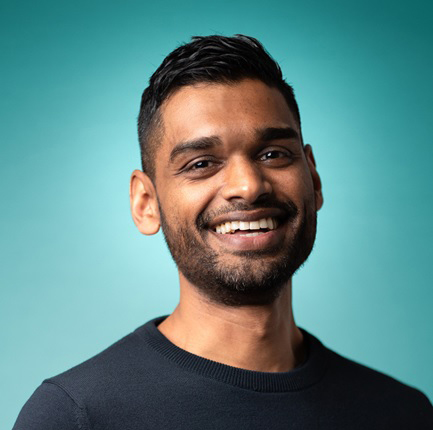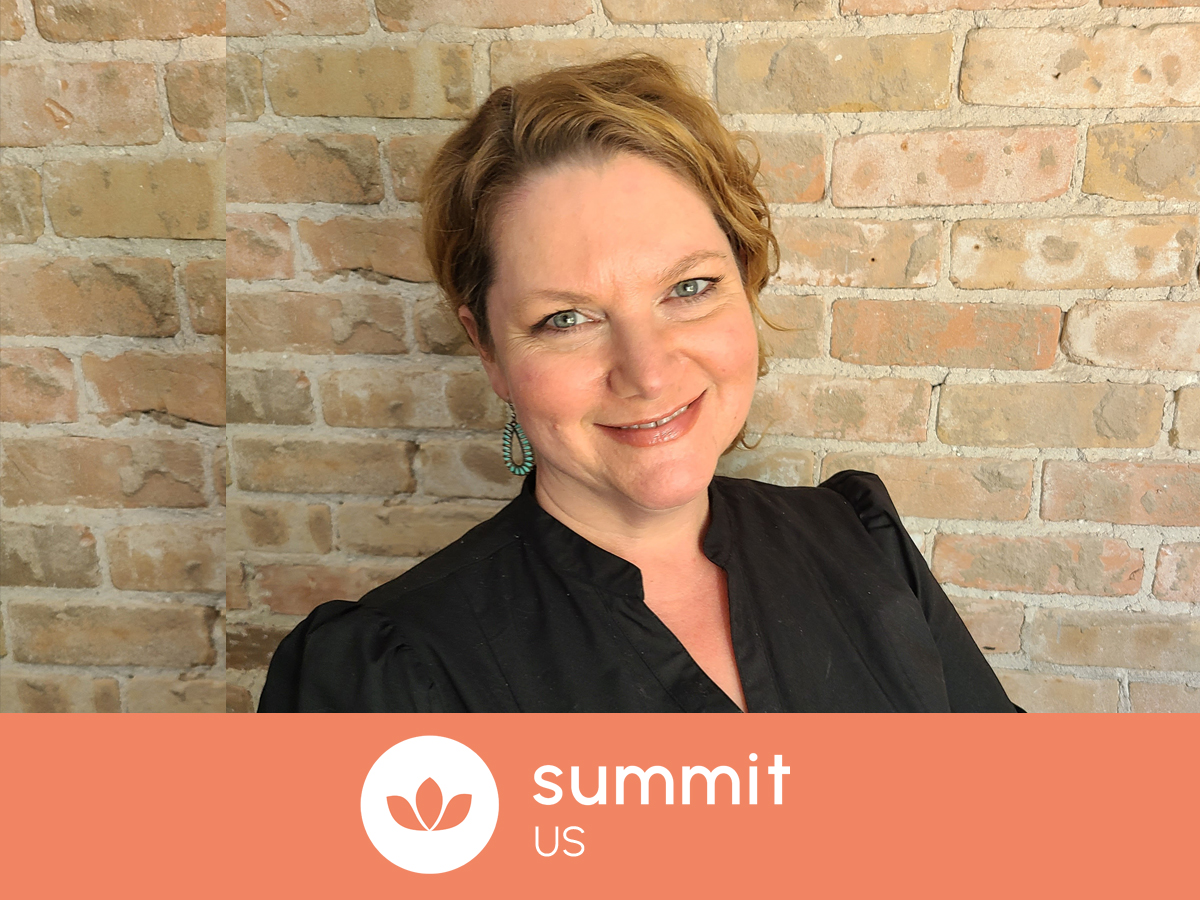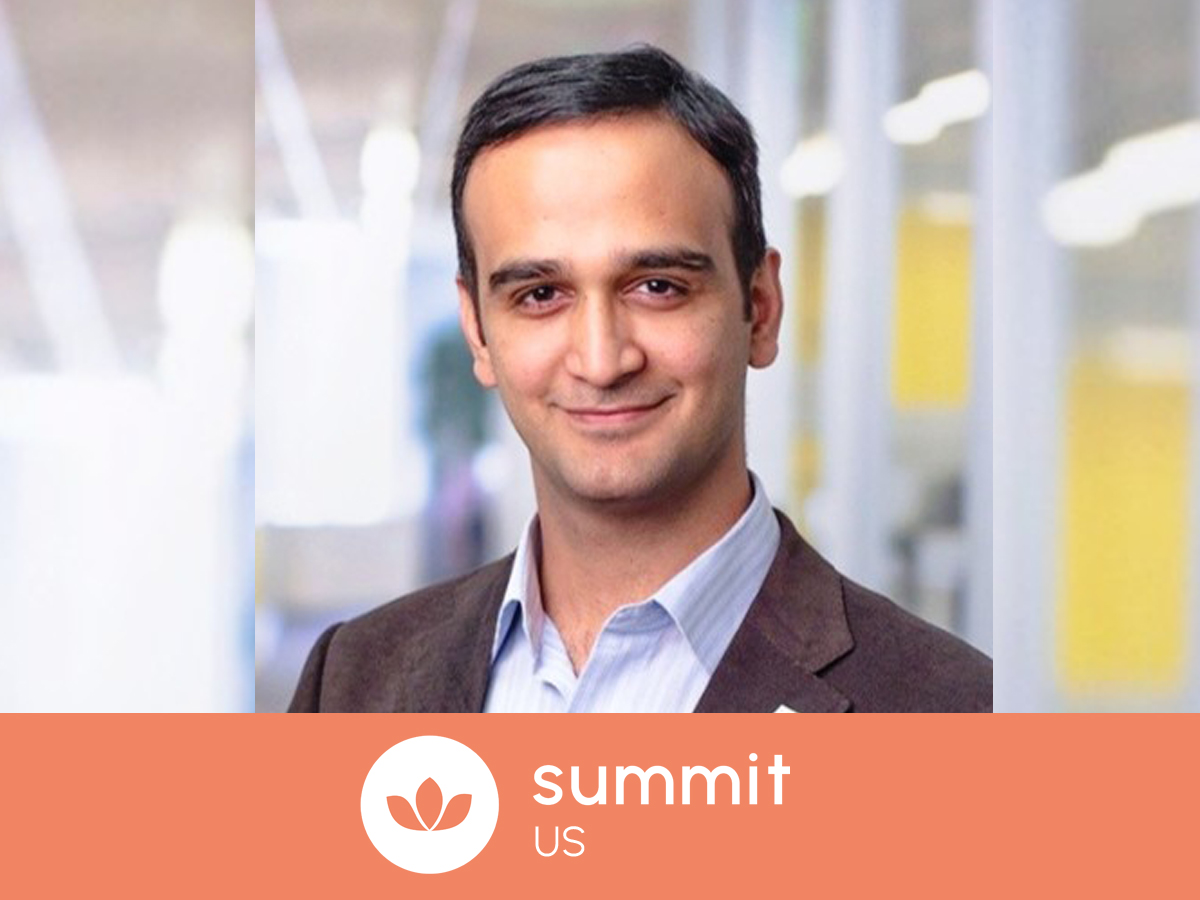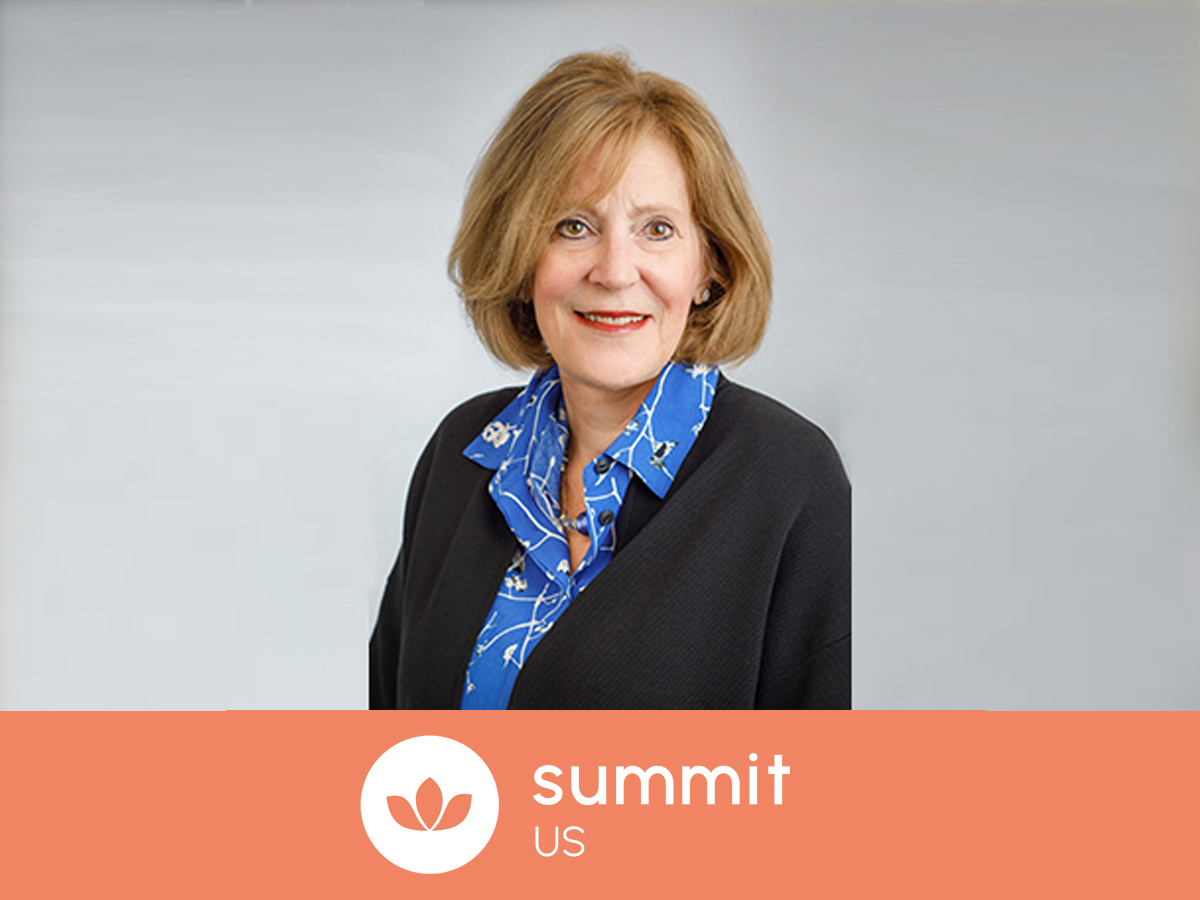
Sean is a mindfulness teacher with a difference. He combines his corporate experience with principles of mindfulness and neuroscience to help people succeed in the modern workplace. He is currently the Head of Mindfulness at HSBC, where his mission is to change the way we think about work. Sean believes that by understanding more about our brains, we can create the conditions where we can be at our best, and more effectively achieve our goals and ambitions.
We are delighted that Sean will be speaking in London this September as part of our Wellbeing at Work Summit UK.
We caught up with him to find out how he’s feeling in the run up to the summit.
Hi Sean, we are thrilled you will be speaking at our Wellbeing at Work Summit UK in September. Our first and most important question is, how are you doing today?
I sat here for ages trying to come up with a profound and inspiring answer, but the truth is I’m ok. Nothing more, nothing less, just ok. And that’s ok! There are days when I’m trying to inspire people and change the world, but today isn’t one of those days. If I can curl up this evening with a nice hot chocolate and a brainless action movie, that’ll be a win. I can’t wait!
As a leader based in the region, what are the main challenges you are facing when it comes to employee wellbeing?
One of the biggest challenges is that we often forget about the limitations of the human brain! With the progression of technology, we now have more information going into our brains than ever before, and we can’t keep up. We’re truly suffering from information overload.
Think about how many emails and instant messages you receive each day. Then consider your own social media, phone calls, web surfing, watching TV etc. and it quickly adds up. And our brains aren’t evolving at the same rate as technology so the problem will only continue to get worse.
Then you’ve got our natural imposter syndrome, negativity bias, toxic workplace culture, competitive environments and high levels of change and uncertainty. And you can see why in many cases, the working environment isn’t setup in a way that works for the human brain.
What strategies have you seen developing over the past 6 months, both internally and externally, that is moving the dial on wellbeing in the workplace?
For me it’s all about bringing the humanity to the workplace. Understanding how we think and behave as human beings, and creating environments where we can be at our best.
Here at HSBC we’re expanding our Mindfulness Programme globally. We teach our employees basic neuroscience and mindfulness techniques which they can apply to their working day.
For example, how to give feedback mindfully. How to manage your inbox and calendar mindfully. How to manage your stress and energy levels effectively. How to enhance your focus and attention. We’re using mindfulness as a form of training and preventive care which is helping our employees to build happy, healthy, successful careers.
Why is employee wellbeing so important to you personally?
Throughout my career I saw people burn themselves out, receive treatment, then come back and burn themselves out again. I also had managers and leaders who pushed me into unhealthy working habits and had no interest in the human impact. And the data tells us that not much has changed. Work is still making people ill, and it shouldn’t be that way.
So, despite being the mindfulness guy, there’s an element of anger and frustration that’s driving me. But there’s also hope. And events like the Wellbeing at Work Summit provide the perfect opportunity to inspire change.
What are you most looking forward to about the Summit in September?
I’m keen to connect with senior leaders who are passionate about people and are proactive and open-minded in creating the future of work.
Tell us, what is your vision for the future workplace, in terms of engagement, health and wellbeing?
My vision is a workplace that focuses more on tailored preventive care, so that we prevent people from becoming ill in the first place. This could include customised wellbeing plans based on health assessments and user data. Perhaps more flexible work schedules which can be adjusted as necessary. We could see enhanced ergonomic solutions based on physical analysis. How about AI for managing workload and spotting unhealthy working patterns? A lot of this will rely on user information, and could be open to misuse, so that’ll be the challenge as we navigate the digital age and the rise of AI.
What areas do you think employers should be focused on over the next 12 months?
The impact of AI. People are worried about their jobs. They’re worried about their data. They’re worried about falling behind as technology continues to advance at a scary pace. For any organisations that might be affected by AI, it’s crucial to look ahead and consider the human impact. We need to provide information, resources and upskilling where necessary, so that our people can be a part of the change and make informed decisions about their future careers.
How has your organisation been leading the way?
We’ve created an AI employee network and have rolled out different levels of training globally. We’re reporting back to employees as we explore new use cases for AI, so that it becomes part of everyday language. And mindfulness has a place within this as we start to explore the human impact, and how we can move forward in a safe and ethical way.
Sean will be speaking in London at the Wellbeing at Work Summit UK which takes place live and in-person in London and Manchester with an additional day of virtual sessions too. Further details on the Summit can be found here.



